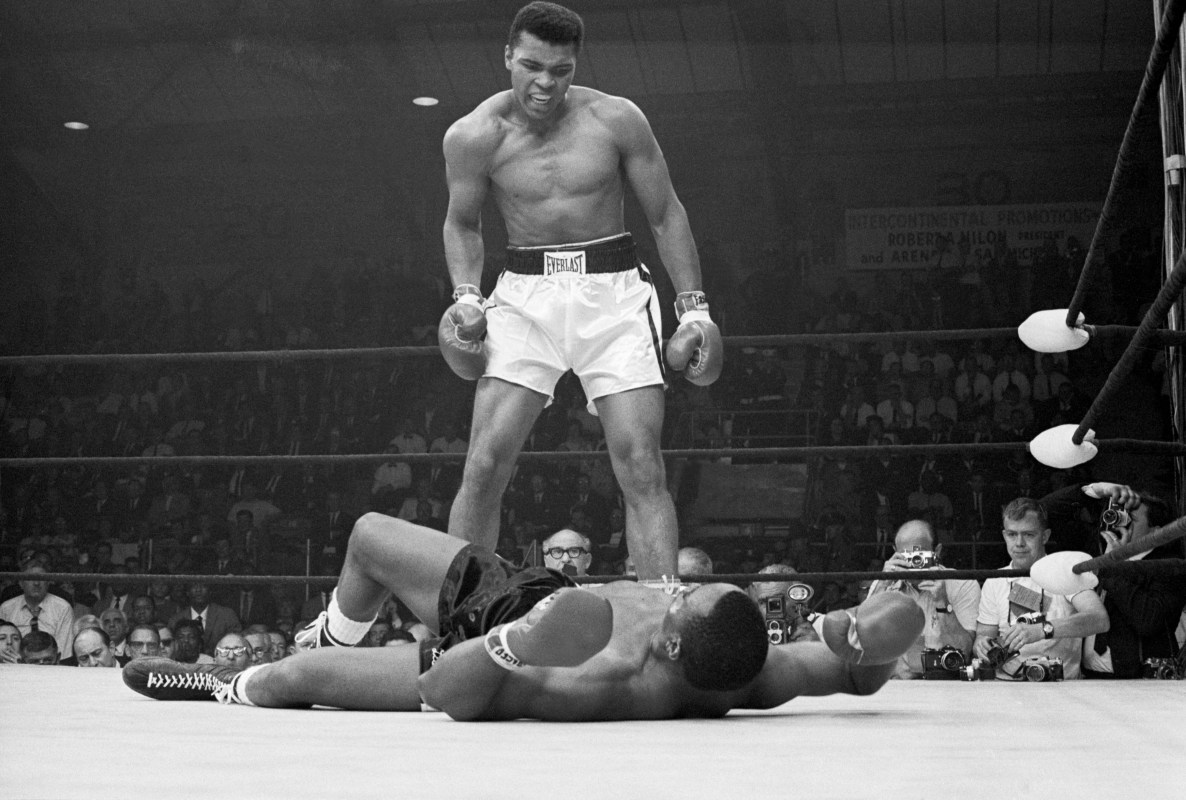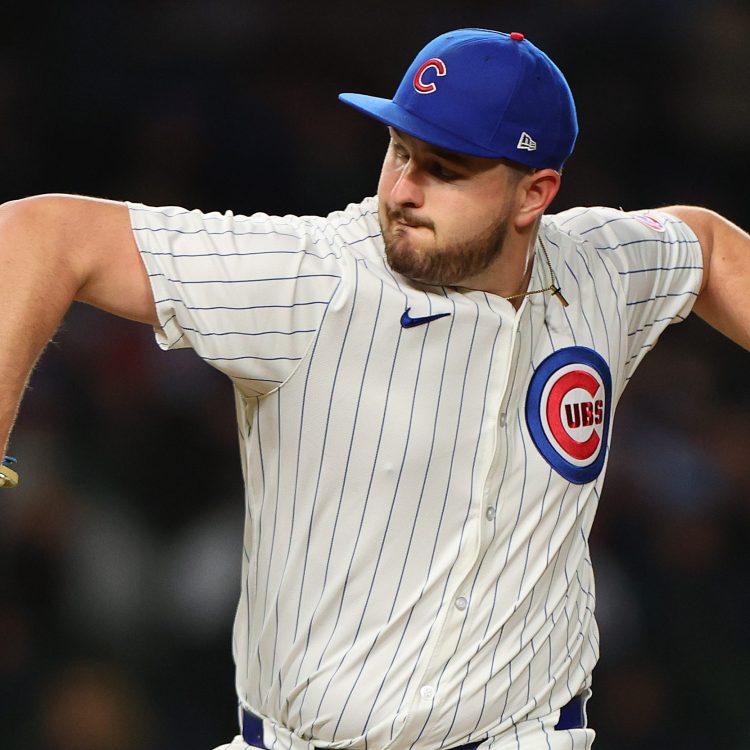President Donald Trump said on Friday that he would consider a pardon for Muhammad Ali, who was convicted in 1967 for refusing to report for induction into the United States military during the Vietnam War. Ali’s application for conscientious objector had been denied. But the late boxer’s lawyer said that Trump’s gesture was appreciated, but unnecessary.
“He was, look, he was not very popular then, certainly his memory is popular now,” Trump told reporters as he prepared to leave the White House en route to a Group of Seven economic summit in Canada, according to the Washington Post.
Ron Tweel, an attorney for Ali, pointed out that the U.S. Supreme Court overturned Ali’s conviction in 1971. The court found that the Department of Justice had improperly told the draft board that Ali’s stance was not motivated by his Muslim religious beliefs.
Ali isn’t the only one Trump is thinking of pardoning. He told reporters he was considering other “folks that have some sentences that aren’t fair.”
Thanks for reading InsideHook. Sign up for our daily newsletter and be in the know.


















